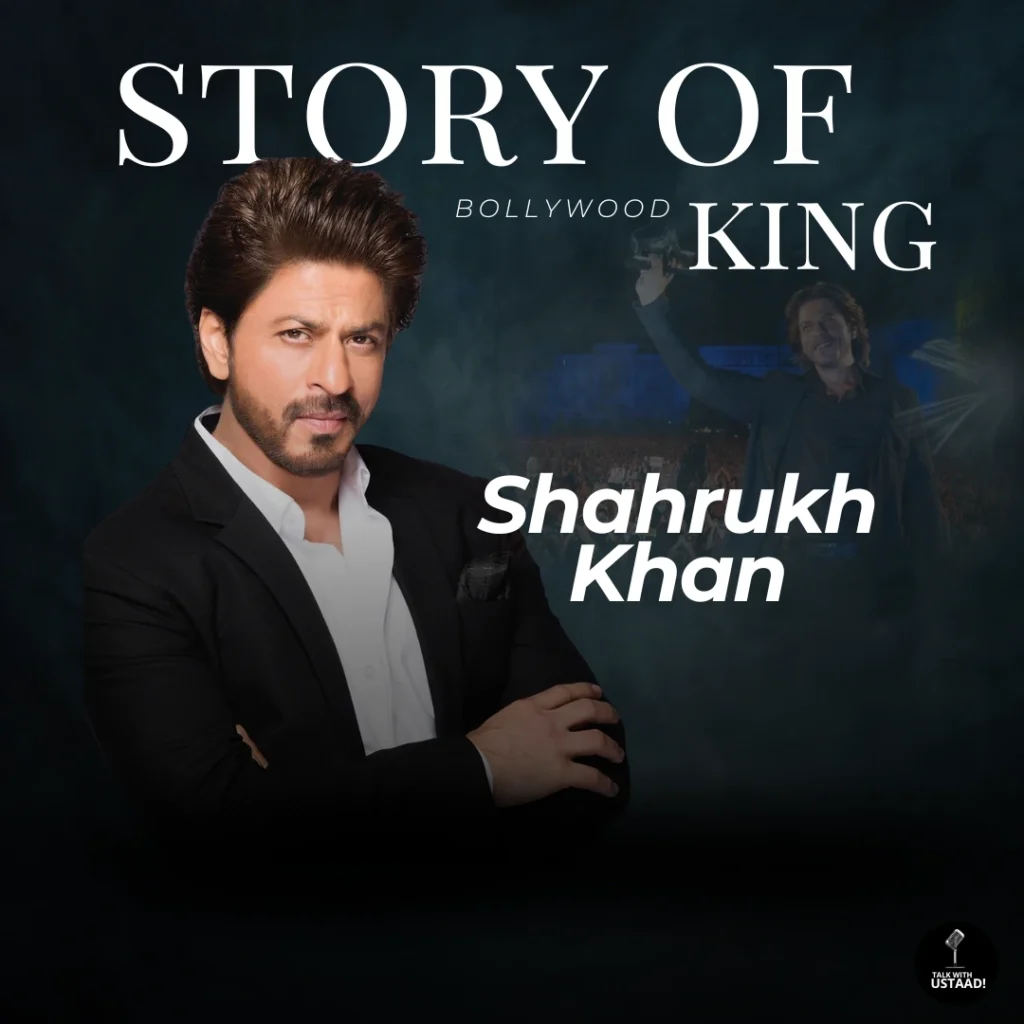Sheikh Mohammed bin Rashid Al Maktoum is the visionary leader who transformed Dubai from a small desert trading port into a global metropolis renowned for its towering skyscrapers, luxury tourism, and international business influence.

His leadership and strategic decisions have played a central role in shaping not only Dubai but the entire UAE, turning it into one of the world’s most dynamic and forward-thinking nations. However, his journey to success was not without struggles and challenges, both personal and national, and his leadership story offers valuable lessons in resilience and ambition.
Early Struggles: Dubai’s Humble Beginnings
Before Dubai’s iconic transformation, it was a small fishing and trading village in the desert. While oil was discovered in the Gulf region in the 1950s, Dubai’s oil reserves were not as extensive as those of its neighboring emirate, Abu Dhabi. In the 1960s, Sheikh Rashid bin Saeed Al Maktoum, the father of Sheikh Mohammed, recognized that Dubai’s future could not depend solely on oil. This foresight led to investments in infrastructure and trade to diversify the economy.
Despite these early steps, Dubai’s economy faced significant hardships. The fall of the pearl industry in the early 20th century and subsequent challenges meant that the emirate had to fight for its survival economically. Nevertheless, Sheikh Rashid’s vision laid the groundwork for Sheikh Mohammed’s future ambitions.
Forming the UAE: Sheikh Mohammed’s Role
The formation of the UAE in 1971 was a pivotal moment in the region’s history. The unification of seven emirates, including Dubai and Abu Dhabi, under one banner was not without its challenges. Sheikh Mohammed’s father, Sheikh Rashid, played a crucial role in bringing the emirates together, but the young Sheikh Mohammed, appointed as the Crown Prince of Dubai in 1995, had to navigate numerous obstacles in his quest to make Dubai stand out in a newly unified country.
Dubai had to compete with the established power of Abu Dhabi, the capital, and the financial strength of neighboring regions like Saudi Arabia. But instead of merely relying on oil revenue, Sheikh Mohammed adopted a strategy of diversification that would shape Dubai’s future. Under his guidance, Dubai began investing heavily in infrastructure, real estate, aviation, and finance, industries that would prove to be pivotal in the emirate’s rise.
Transforming Dubai: The Visionary Leadership of Sheikh Mohammed
Sheikh Mohammed’s vision of transforming Dubai into a global city of innovation, commerce, and luxury was not an easy feat. The emirate faced numerous challenges, from regional instability to the global financial crisis in 2008, yet Sheikh Mohammed’s resilience and strategic thinking helped turn Dubai into the powerhouse it is today.
His ambitious projects like the construction of the Burj Khalifa, the tallest building in the world, and the Palm Jumeirah, a man-made island that would later become a symbol of Dubai’s excess, were met with skepticism. These projects required enormous investments and risked bankruptcy if they failed. However, Sheikh Mohammed’s foresight paid off, as these ventures not only elevated Dubai’s global status but also created substantial economic returns.
Sheikh Mohammed’s strategy also focused on developing Dubai as a global financial center, independent of oil dependence. The creation of the Dubai International Financial Centre (DIFC) in 2004, and the establishment of Dubai as a leading international aviation hub with Emirates Airlines, were crucial steps in diversifying the economy. The city attracted businesses, investors, and tourists from around the world, further solidifying its position as a top global destination.
Overcoming Economic Struggles: The 2008 Financial Crisis
Despite Sheikh Mohammed’s successful leadership, Dubai faced significant struggles during the global financial crisis of 2008. The property market, which had been booming, collapsed, leading to falling real estate prices and financial instability. Dubai’s debt levels soared, and several major projects were put on hold or canceled.
However, Sheikh Mohammed’s leadership during the crisis was exemplary. Rather than allowing the crisis to derail Dubai’s progress, he took swift action to stabilize the economy. He negotiated financial support from the UAE government and leveraged Dubai’s long-term projects, like the Dubai Expo 2020, as a way to boost economic confidence. His focus on restructuring Dubai’s debt, supporting the real estate sector, and investing in future-oriented industries helped the emirate recover faster than many predicted.
Vision Beyond Crisis: Innovation, Sustainability, and Smart Cities
In the years following the 2008 crisis, Sheikh Mohammed remained focused on the future. His vision for a diversified economy continued with an emphasis on technology, sustainability, and innovation. Dubai’s push toward becoming a “smart city” through initiatives like the Dubai Smart City Project and Dubai Expo 2020 was indicative of Sheikh Mohammed’s commitment to global leadership in technology and innovation.
He also prioritized sustainability, as seen in the development of the Mohammed bin Rashid Al Maktoum Solar Park, one of the largest renewable energy projects in the world. These steps helped position Dubai not only as a hub for business and tourism but also as a leader in global sustainability efforts.
The Legacy of Sheikh Mohammed
Today, Dubai stands as a symbol of visionary leadership and transformation. Under Sheikh Mohammed’s stewardship, the emirate has evolved from a modest trading post into a vibrant city with one of the highest per capita incomes in the world. The skyline is adorned with world-class infrastructure, luxury hotels, and state-of-the-art transport systems, which are a testament to his foresight and dedication.
His leadership extends beyond Dubai, influencing the development of the entire UAE. Sheikh Mohammed’s commitment to governance, economic diversification, and social progress has made the UAE one of the most prosperous nations in the Middle East, known for its stability, openness to global investment, and commitment to innovation.
Conclusion: Sheikh Mohammed’s Role in Building Dubai and the UAE
The formation of the UAE and the rise of Dubai as a global city were shaped by the vision, resilience, and leadership of Sheikh Mohammed bin Rashid Al Maktoum. Despite numerous challenges and struggles, from regional instability to economic downturns, Sheikh Mohammed’s leadership has been instrumental in transforming Dubai into one of the world’s most recognized and successful cities. Through his strategic thinking, bold initiatives, and unwavering determination, Sheikh Mohammed has left a legacy that will continue to inspire generations of leaders and entrepreneurs.








